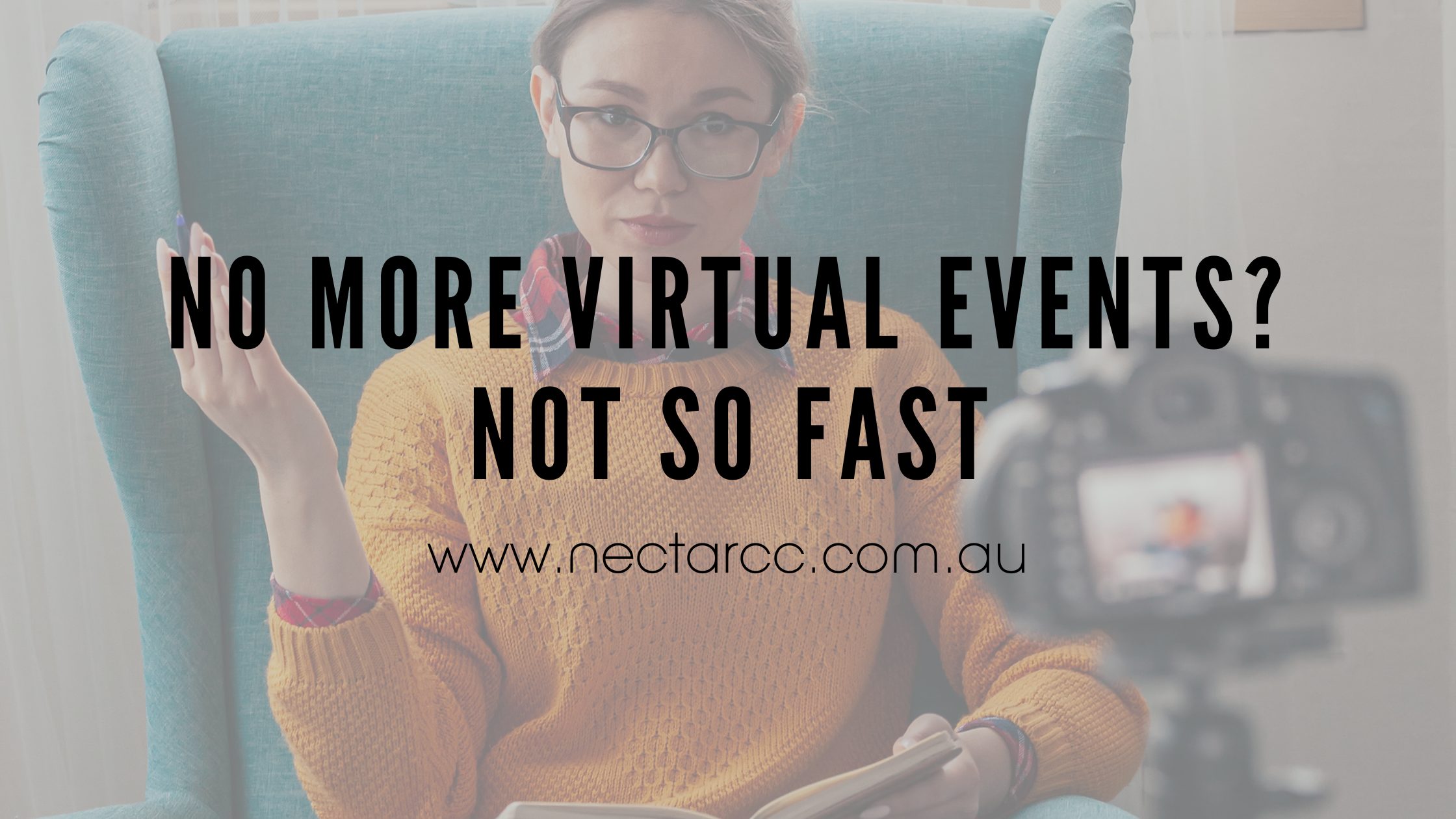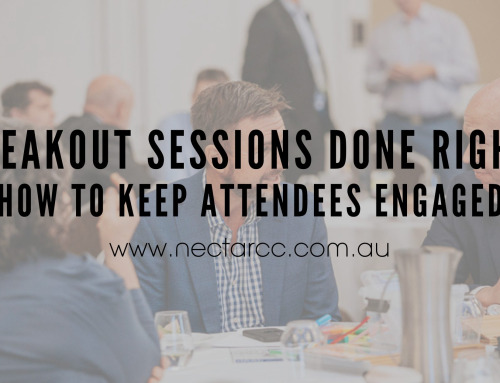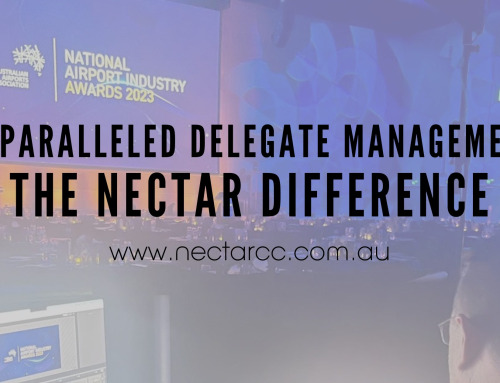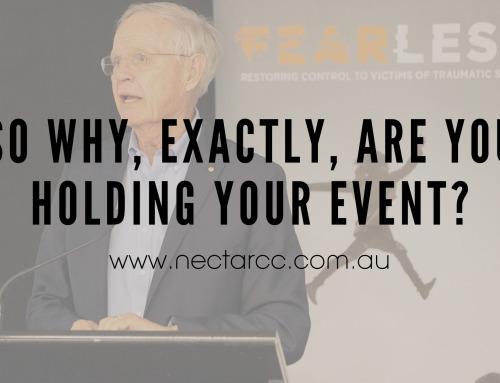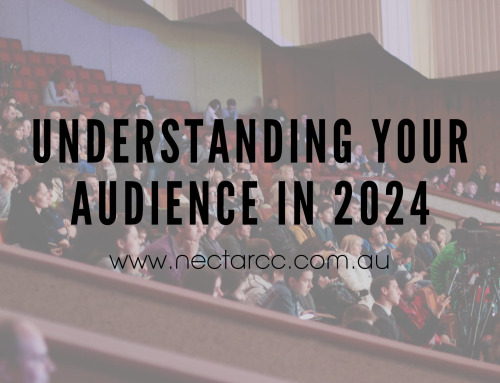“No more virtual events for us!” is the cry we’ve been hearing a lot lately. And it makes sense. Having been forced by the law and our health to stop meeting face to face with those that ‘get us’ over the last couple of years, having instead to make do with a small screen, we’re over it. Now everyone just wants to get back to what we’ve known and missed. But reports around the death of virtual and hybrid events may be a little premature.
What are the benefits of virtual events?
To begin with the genie is already out of the bottle. There are some serious benefits virtual events offer including:
- Huge cost savings for both the organisers as well as for those participating
- Being the most sustainable way to bring people together ( no travel, no aircon, no waste etc )
- Being the most equitable way to bring people together from all walks of life
- Maintaining the flexibility to adjust as needed in the face of ongoing uncertainty

And these all go towards mitigating issues (rising costs, the need for sustainable solutions, the need for greater social equity and geopolitical unrest ) that are not anticipated to abate any time soon.
There is also the fact that so many have now personally enjoyed these benefits ( and more such as having access to on-demand content ) and so there is strong expectation they’ll be able to continue to do so. So there’s a conflict. And to add to this challenge, for anyone looking to deliver in this format they’ll also need to manage issues such as:
- The additional cost of hybrid events. While this format definitely offers the best of both worlds it’s an additionally expense in your event budget as you’re essentially having to deliver two events at the same time
- How to cater for a virtual audience while not canabalising your in-person audience.
- Simply doing virtual events properly.

While virtual event platforms have come an incredibly long way since 2020 there is still so much that needs to be done to make them engaging and effective and also so much that can go wrong. And while it might be affordable, sustainable, flexible and equitable if it’s not engaging and changemaking then there is just no point.
Finally it’s worth keeping in mind that this is a format that is still in its infancy. While virtual events have been around for years, it has only really been taken seriously for the last two. So like any new industry, especially one that is based on technology, it has the potential to grow and develop at an exponential rate. So that’s why cries of ‘no more virtual events’ are potentially premature and there is a very good chance “we ain’t seen nothing yet”.
If you’d like to discuss your event strategy, and if you should still be considering a virtual component why not get in touch to book a free 30-minute consultation with one of our Hybrid Event specialists.
